By Emily Bouza
During this academic year, we have added many new tutors to the Writing Center that have brought an increased diversity of perspectives and experiences to our team. We now have tutors from fields including Applied Linguistics, Art History, African Cultural Studies, Composition and Rhetoric, Curriculum & Instruction, English, English as a Second Language, Folklore Studies, Human Development and Family Studies, International Theater Studies, Literacy Studies, Second Language Acquisition, Social Work, Sociology, and Spanish and Portuguese.
I have seen glimpses of the great work that these new staff members have brought to the Writing Center, so I thought I would interview some of them to see both what skills they are bringing and what they have learned after working with us for a semester. These interviews confirmed my suspicion: this new group of tutors are doing great work both in the Writing Center and across the University. I share below just a brief summary of the many ways they are enriching writers on our campus and learning from those students as well.
Zoe Cohen
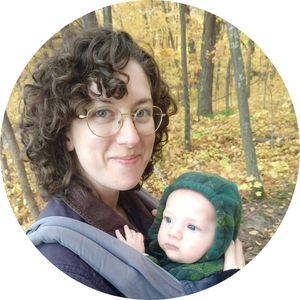
Zoe is a PhD candidate in Interdisciplinary Theatre Studies. Zoe writes a wide variety of genres in her field including literary analyses, performance criticisms, autotheory, grant proposals, and of course many, many emails.. Zoe brings to the Writing Center her skills in “concrete imagery, storytelling, and resourcefulness” from writing about live performances, as well as an attention to collaboration from her field. Zoe shares that “working in the Writing Center has made me kinder with myself as a writer. Witnessing the kinds of struggles other writers face reminds me that this is hard work, period.” She also shares that working with multilingual writers in the Writing Center has made her more aware of the language ideologies in her teaching.
Luke Urbain
Luke is in the Department of Spanish and Portuguese and focuses on culture and literacy in Cuba. Luke writes in both English and Spanish, though English is the norm for most academic genres. Studying Spanish has made Luke more aware that there are certain ideas that cannot, or should not, be translated and that there are many power dynamics tied to language. Studying a foreign language so extensively helps Luke with working with nonnative English speakers in his tutoring, both in helping think through the mechanics of a language and helping all students gain confidence and learn how to effectively use multiple languages in their writing when appropriate. Working in the Writing Center helps Luke to think of writing more from outside perspectives and to see a greater variety of writing assignments to bring to his own teaching.

Chen Sun
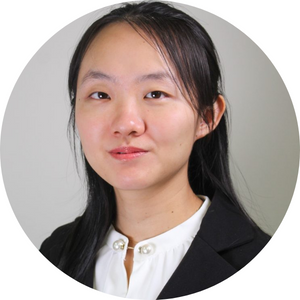
Chen studies Applied Linguistics through the Second Language Acquisition PhD program. Although Chen does not study a STEM subject, much of her writing involves analyzing data. In her field, there is no good or bad data: it is just about how you analyze your data based on previous literature. Chen believes bringing her perspective as a nonnative English speaker has helped her connect with many writers at the Writing Center and helps her to explain writing concepts better to all writers since she had to learn about English more formally. Chen has also been able to speak in her native language with some writers. So far, she has continued to develop her active listening skills and ability to ask effective questions while working at the Writing Center.
Sarah Gamalinda
Sarah is in the Department of African Cultural Studies, studying representations of race in contemporary francophone literature and cinema. Sarah writes typical academic genres like dissertation chapters and articles, but also does discourse analysis and close readings or viewings in her field, as well as journaling to help with her writing process. Sarah brings skills of working with primary sources from her field and also finds that her experience with discourse analysis and discussing racial issues are helpful with working with writers outside of her field. Sarah shares that “I’ve learned so much from others’ examples about how people can think productively about their writing—appreciating and being conscious of the process, not only focusing on the end product.” She now brings a better understanding of her students writing processes to her teaching and emphasizes individual conversations about writing with each of her students after seeing the great benefit of this at the Writing Center.

Caro Cruys
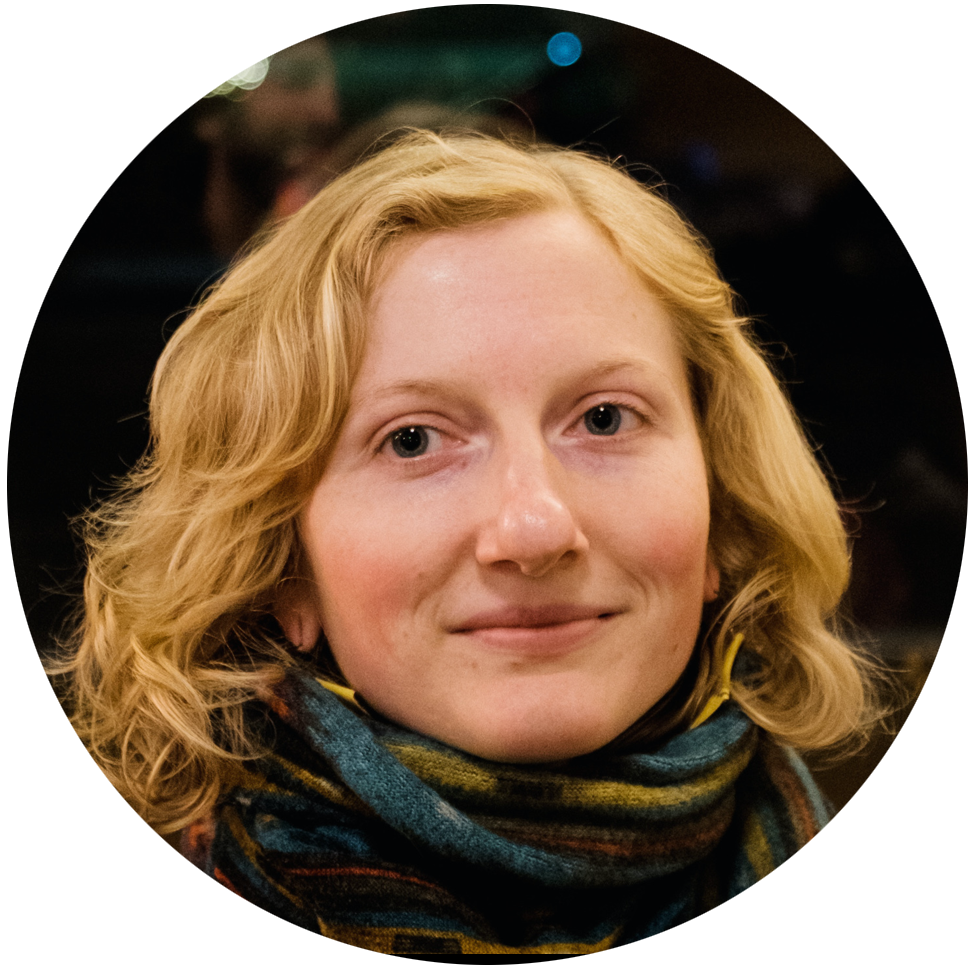
Caro is working on a PhD in Social Welfare, which requires writing a lot of public scholarship such as op-eds to make research accessible to public audiences in addition to the typical academic writing of other disciplines. Writing in social work has caused Caro to develop skills in connecting practice to policy and transitioning theory into application. Caro also thinks about challenging biases in writing from their discipline, and this helps them be a tutor who makes sure all writers take a critical lens to their own writing and be aware of when they should be pushing back on the conventions of their own fields. Working at the Writing Center has helped Caro think more globally about writing, focusing on message and clarity of voices in both the writing of those they work with and their own writing. They now work towards making sure to “encourage what shows up” in the writing of others and help each writer find their own voice.
These writing tutors have found creative ways to draw from their disciplinary expertise to help writers in and outside of their disciplines in our Writing Center. They have also learned more about how all writers truly benefit from working with someone else on their writing, making them feel even more comfortable with their own writing processes. Many also shared how working with such a diversity of writers has changed the way that they will teach writing both as tutors and as instructors. Working as writing tutors as increased their awareness of the great variety of perspectives and voices that students bring to the university, and they now have new strategies to encourage that development of individual voice in student writing. Our Writing Center is thrilled to add these any many other staff members to our staff who increase our perspectives on what writing looks like across campus.
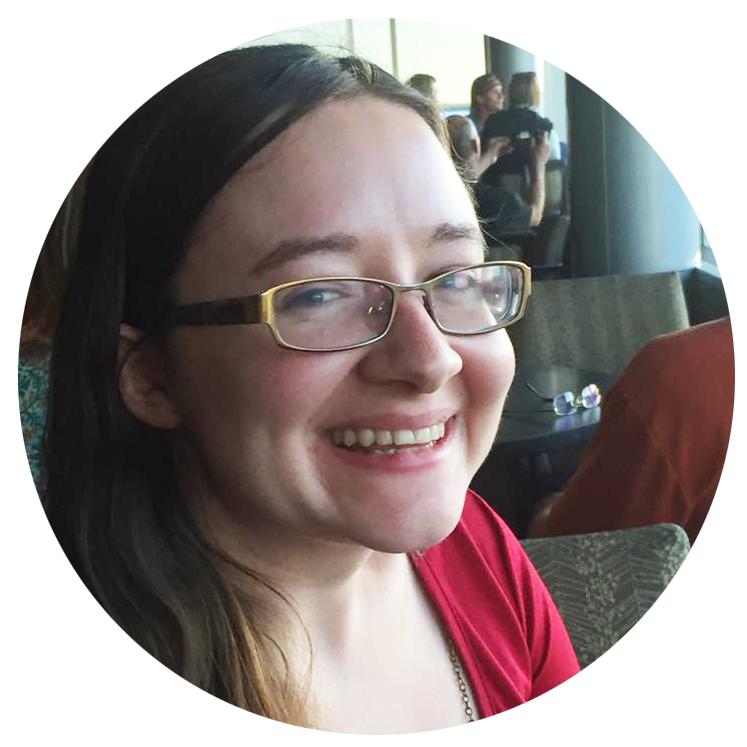
Emily Bouza has spent over eight years working in writing centers, first as an undergraduate tutor at Kent State University and then as the founding assistant director of the Writing Center at the University of Mary Hardin-Baylor. Emily is a current PhD candidate in Composition and Rhetoric at UW-Madison and works with the Writing Center and Writing Across the Curriculum programs. Her research interests include writing across the curriculum, writing center studies, and language ideologies.

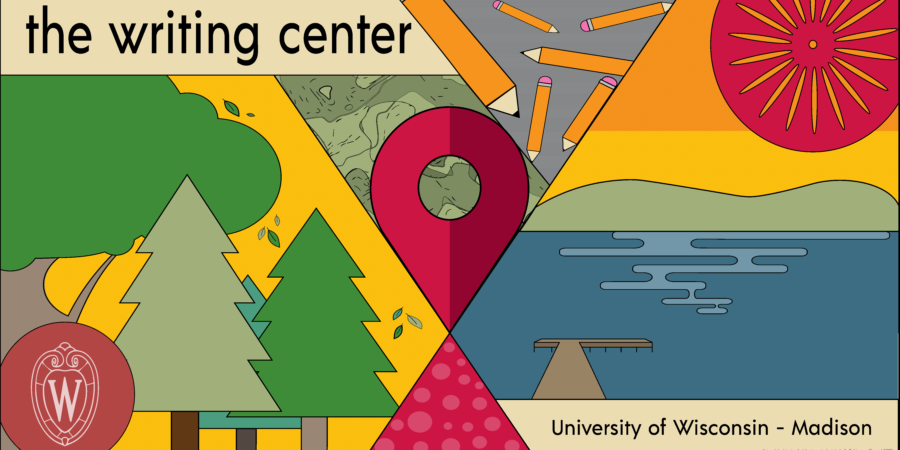
Great News. All are really talented.